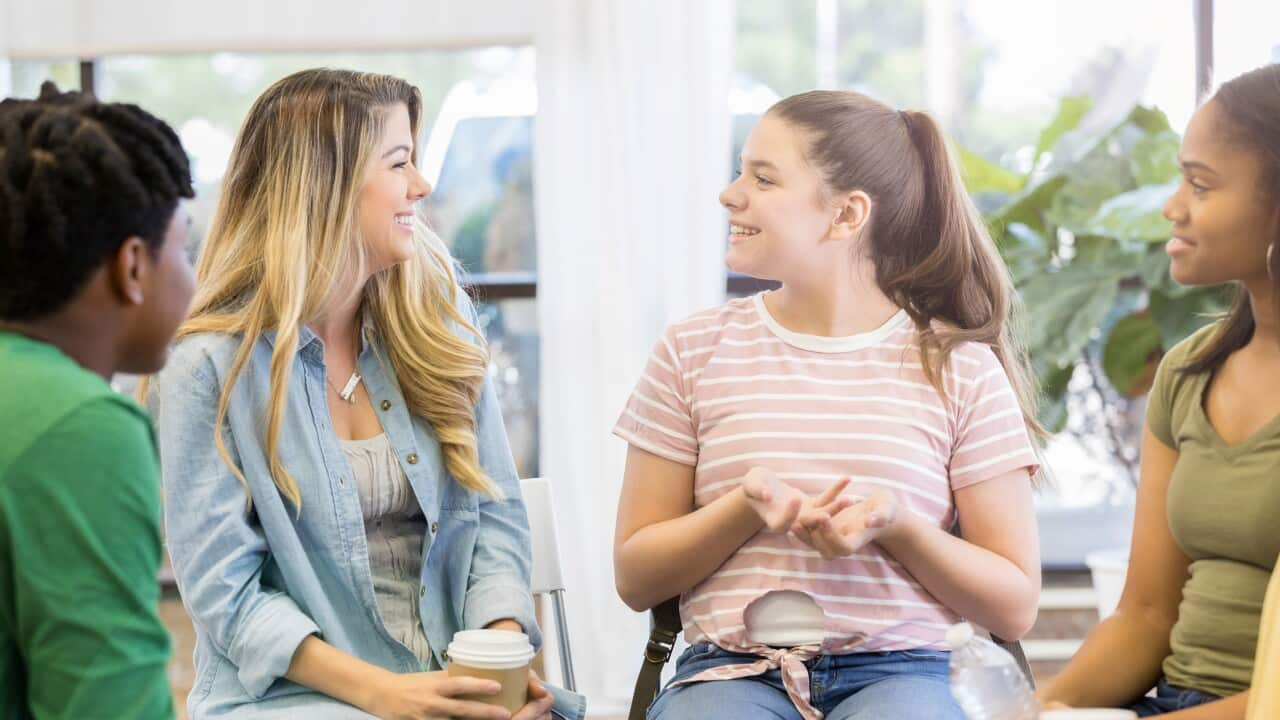Sexual health is part of every person’s overall life and wellbeing. It goes well beyond sex, conception, and pregnancy. Sex education includes aspects of a child’s development into adulthood, hygiene, and feelings of intimacy and affection. It is also the cornerstone of how to maintain positive and healthy relationships.
Sexual health is taught across Australian schools from preschool and until the end of year 12. The national syllabus is based on child developmental theory, which considers the physical, emotional, and psychological stages of human maturing.
Dr Magaly Barrera has been working as a GP in Western Sydney, one of Australia’s most multicultural suburbs, for 30 years. Dr Barrera, who specialised in paediatric health, says unfortunately, most teenagers come alone asking for advice, as they feel they cannot talk about sex at home.
“In my experience, the minority of my patients have spoken to mum or have come with mum requesting a consultation for sexual related issues.”
Dr Barrera says most parents come with their children to discuss sexual health only when they’ve reached a developmental milestone — when girls get their first period, when boys first wet their pyjamas, when the kids start masturbating, or when experiencing puberty related issues.
She takes these opportunities to open a discussion about sexual health. However, she often faces the challenge of antagonising some family’s religious beliefs.
So, what reliable resources can parents access?
Dereck McCormak is the Director of the Raising Children network, a government-funded independent organisation that develops online parenting resources.
The Raising Children website has extensive resources available to guide parents on how to have age-appropriate conversations about sexual health with their children.
Education expert Renee West shares a final tip for those who feel embarrassed...
“The best time to have a conversation is in the car: you don’t have to look at each other, but you can’t escape.”

